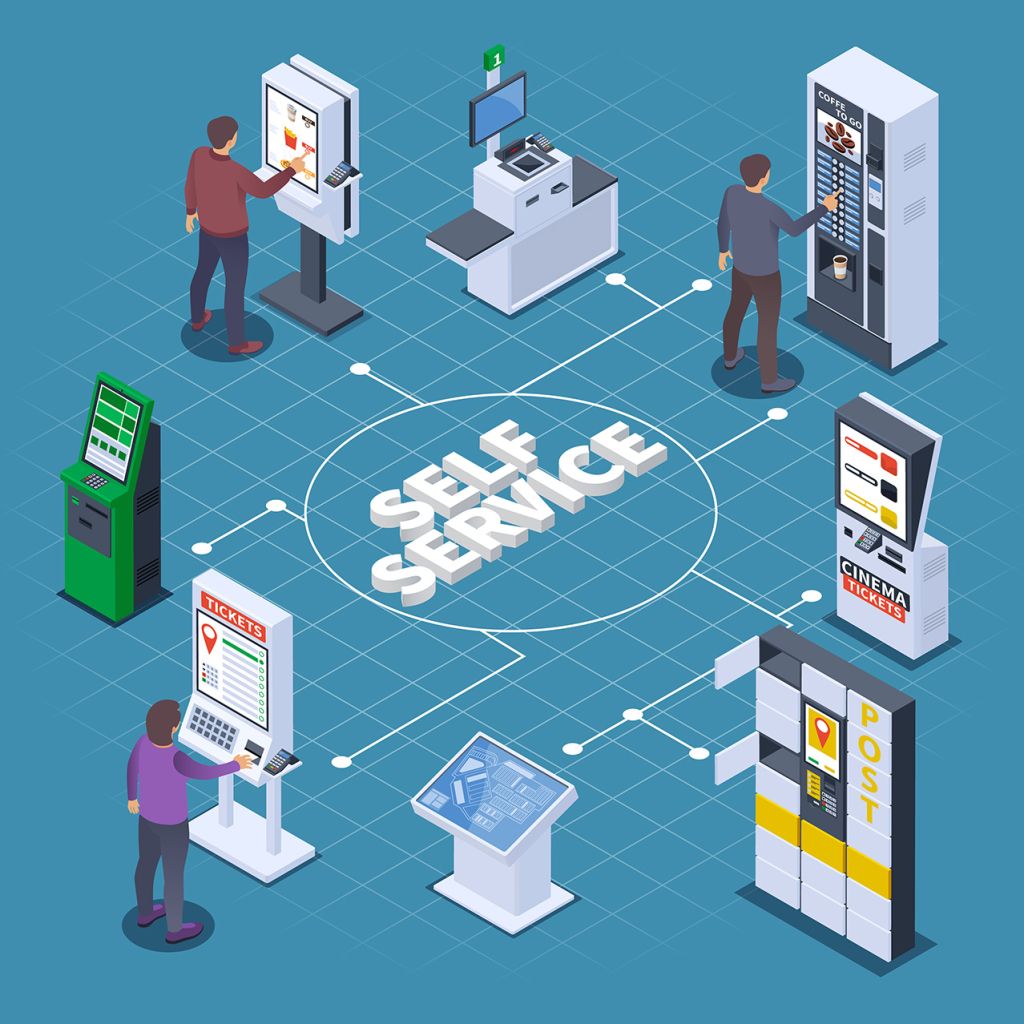In a data-driven era, transaction data holds significant value, offering detailed insights into consumer behavior and interactions. By harnessing this data, businesses can create applications that allow users to log in and view their transactional interaction history. This capability is not just a convenience—it’s a necessity for customers needing data for various purposes such as insurance claims, tax filings, business expense reports, and warranty or product repurchase information.
Empowering Customers Through Self-Service
Insurance Claims
In instances of medical emergencies or unexpected disasters, having quick access to transaction data can streamline the claims process. A dedicated portal allows customers to retrieve necessary transactional information, reducing the dependency on businesses to provide these details and subsequently accelerating the claims procedure.


Tax Filings & Business Expense Reports
For individuals and businesses alike, preparing for tax season can be a daunting task. A self-service portal equipped with transaction history simplifies this process, enabling customers to easily access and organize their financial data, thereby facilitating accurate tax filings and expense reports.
Product Repairs, Warranty, & Repurchase
Whether dealing with product malfunctions, warranty claims, or repurchasing favorite items, immediate access to transaction data enhances the customer experience. Users can effortlessly verify purchase details, check warranty validity, and reorder products, saving both time and effort.

Business Benefits
Implementing a transaction data portal doesn’t just benefit customers—it also brings considerable advantages to businesses. By enabling customers to retrieve their transaction history independently, businesses can significantly lower operational costs and allocate resources more efficiently. Here’s how:

Reduced Customer Service Workload
With customers able to access their transaction data autonomously, the demand on customer service teams diminishes. This reduction in workload allows customer service representatives to focus on resolving more complex issues, thereby enhancing overall service quality.
Operational Efficiency
Providing customers with self-service options leads to quicker resolution of queries and less back-and-forth communication. This efficiency not only improves customer satisfaction but also optimizes operational workflows within the organization.


Data Security & Compliance
A well-designed transaction data portal adheres to data protection regulations, ensuring that customers access only the information they are authorized to view. This security feature mitigates the risk of data breaches and helps maintain customer trust.
Harnessing transaction data to build a self-service application is a forward-thinking approach to improving customer experience and driving operational efficiency. By empowering customers with immediate access to their transactional interaction history, businesses can streamline processes, reduce costs, and free up valuable resources. In a competitive market, adopting such innovative solutions is key to staying ahead and meeting the evolving needs of both customers and the business.





















